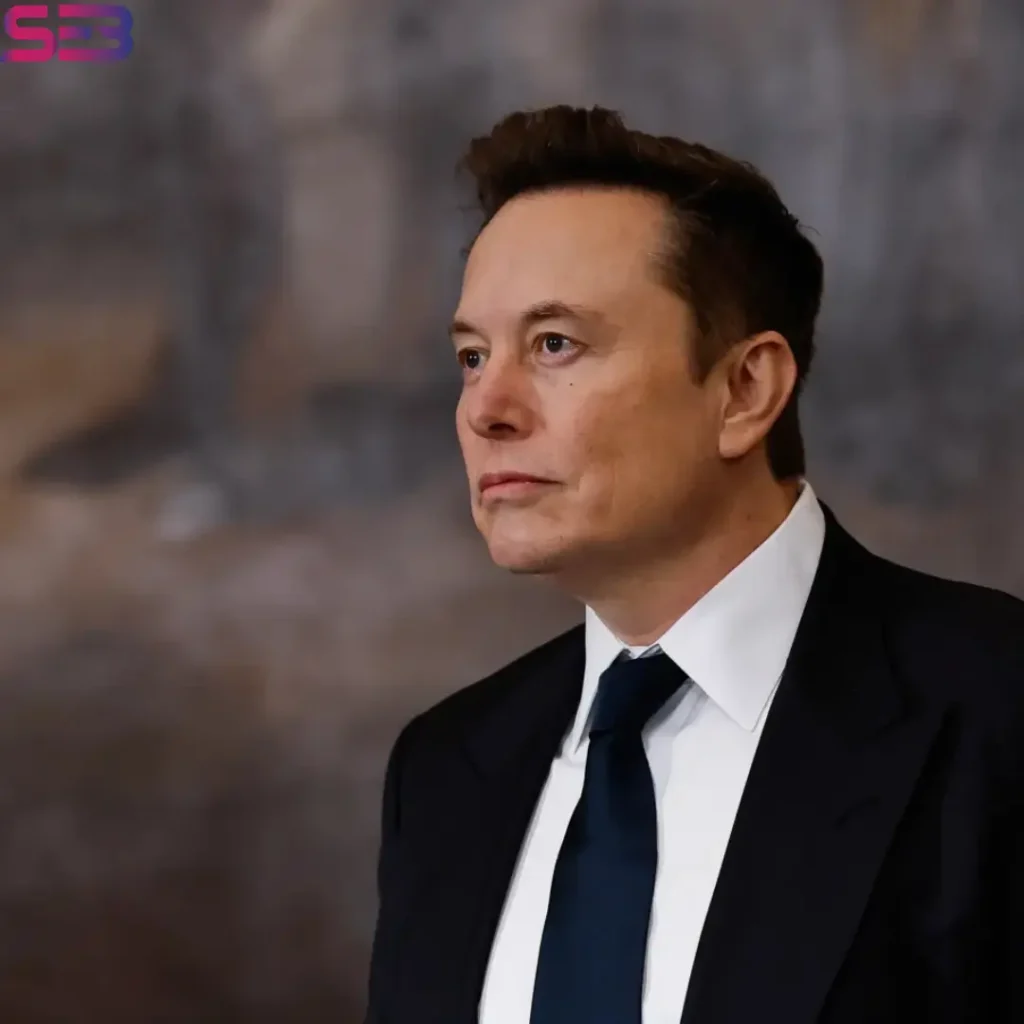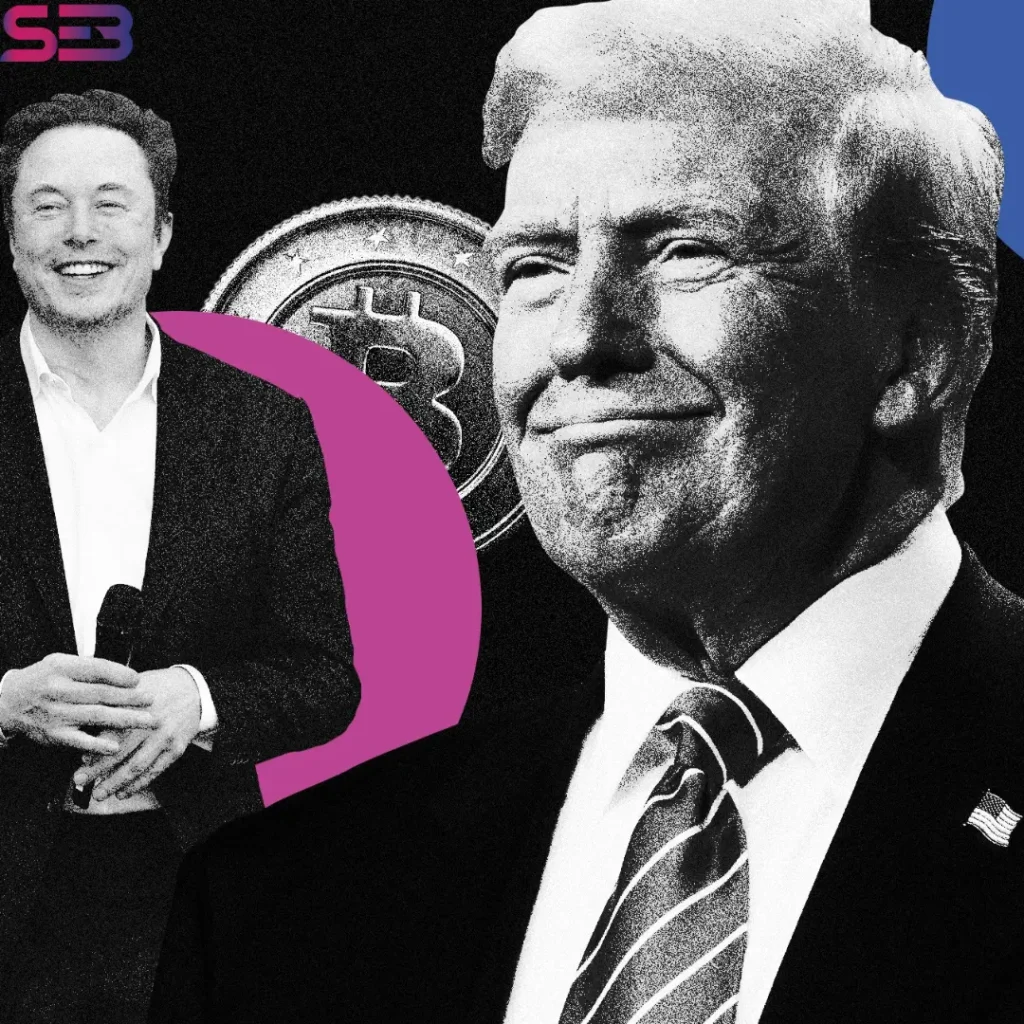
Introduction
Elon Musk has initiated discussions about implementing blockchain technology at the Department of Government Efficiency (DOGE), according to sources familiar with the matter. This development reflects the Trump administration’s increasing focus on digital assets and blockchain technology to enhance government operations. The effort aims to reduce costs, improve transparency, and modernize federal systems.
Musk’s Vision for Blockchain in Government
Musk, who leads DOGE, has privately discussed leveraging blockchain to streamline government processes. According to sources, he envisions using digital ledger technology to monitor federal spending, secure government data, facilitate payments, and even manage government buildings. The goal is to create a more efficient and cost-effective system.

Engagement with Public Blockchains
DOGE representatives have reportedly met with officials from various blockchain projects to assess their technological capabilities. The meetings are part of an exploratory effort to determine how blockchain can be integrated into government systems.
However, neither the White House nor DOGE has officially commented on these discussions. Musk also has not responded to media inquiries regarding this initiative.
A Crypto-Friendly Administration
The push for blockchain aligns with President Donald Trump’s broader pro-crypto stance. Trump recently signed an executive order to establish a working group focused on digital assets. The move signals a shift towards cryptocurrency-friendly policies within the federal government.

Created by a Jan. 20 executive order, DOGE has a mandate to modernize federal technology. It aims to optimize government operations by reducing inefficiencies and identifying areas for cost-cutting. The department collaborates closely with the White House Office of Management and Budget, with a target to complete its recommendations by July 4, 2026.
Early Efforts and Volunteer Contributions
Before Trump’s inauguration, Musk reportedly recruited around 100 volunteers to develop software and code for DOGE’s projects. This early groundwork suggests that blockchain is just one of several technologies Musk is exploring to modernize federal operations.
The blockchain initiative aligns with Trump’s campaign promises to eliminate wasteful spendingand reduce fraud. The president has repeatedly criticized government inefficiencies and cited them as contributors to the growing national deficit.
Potential Use Cases for Blockchain in Government
A blockchain-based system could be instrumental in tracking government expenditures, securing critical data, and improving transparency. A person familiar with the discussions indicated that the technology might also help protect sensitive government information while improving accountability in financial transactions.
Blockchain technology, originally introduced by Bitcoin, allows for decentralized and verifiable transaction recording without the need for a central authority. Over time, various blockchain projects have emerged, many offering public ledgers that allow for greater transparency.
Trump’s Blockchain Connections
Trump’s business dealings have also intersected with blockchain technology. Recently, his associates selected the Solana blockchain to launch Trump and Melania-branded memecoins. While this move garnered both interest and criticism, it demonstrates the administration’s willingness to engage with blockchain-based assets.

Despite this, it remains unclear which blockchain Musk’s team might adopt for government use. The discussions are still in the early stages, and the final decision will depend on the feasibility and security of available options.
Challenges of Implementing Blockchain in Government
Although blockchain has been applied to various industries, its use at a governmental scale remains largely untested. While corporations like Walmart have implemented blockchain solutions, many of these initiatives have used private blockchains rather than public ones. Private blockchains, often operated by consortia, have struggled with governance issues.
Additionally, some companies have found that blockchain solutions are not always more cost-effective or efficient than conventional database technology. A 2019 Gartner report predicted that 90% of enterprise blockchain platforms would need replacements by 2021 to stay competitive and secure.
Expert Opinions on Blockchain in Government
Sam Hammond, chief economist at the Foundation for American Innovation, has highlighted the potential benefits of government blockchain adoption. He stated that an internal blockchain could track government spending, contracts, and documents in a transparent and secure manner.

However, Hammond also noted that traditional databases can offer similar functionalities with fewer drawbacks. This raises questions about whether blockchain is truly necessary for government operations.
Potential Risks of Public Blockchain Adoption
Public blockchains like Bitcoin and Solana operate on decentralized networks, which may introduce challenges for government applications. Duke University finance professor Campbell Harvey cautioned that governments may face difficulties in controlling public blockchain entries. He argued that the lack of direct oversight could pose significant issues.
Existing Large-Scale Blockchain Implementations
Despite these concerns, major institutions have begun integrating public blockchains into their business models. For example, BlackRock has issued a money-market fund on multiple blockchain platforms. Similarly, the California Department of Motor Vehicles has digitized millions of car titles using the Avalanche blockchain.
If DOGE successfully implements blockchain technology, it could become the largest blockchain initiative undertaken by the U.S. government. The scale of such a project would surpass previous government-led blockchain efforts.
Conclusion
Elon Musk’s interest in blockchain as a tool for government efficiency underscores the growing relevance of digital ledger technology. While the initiative is still in its exploratory phase, it represents a significant step toward modernizing federal operations.
The success of this initiative will depend on the government’s ability to navigate challenges associated with blockchain governance, security, and efficiency. As discussions continue, the potential for blockchain to revolutionize government operations remains a compelling prospect.
For more information visit our Technology page




